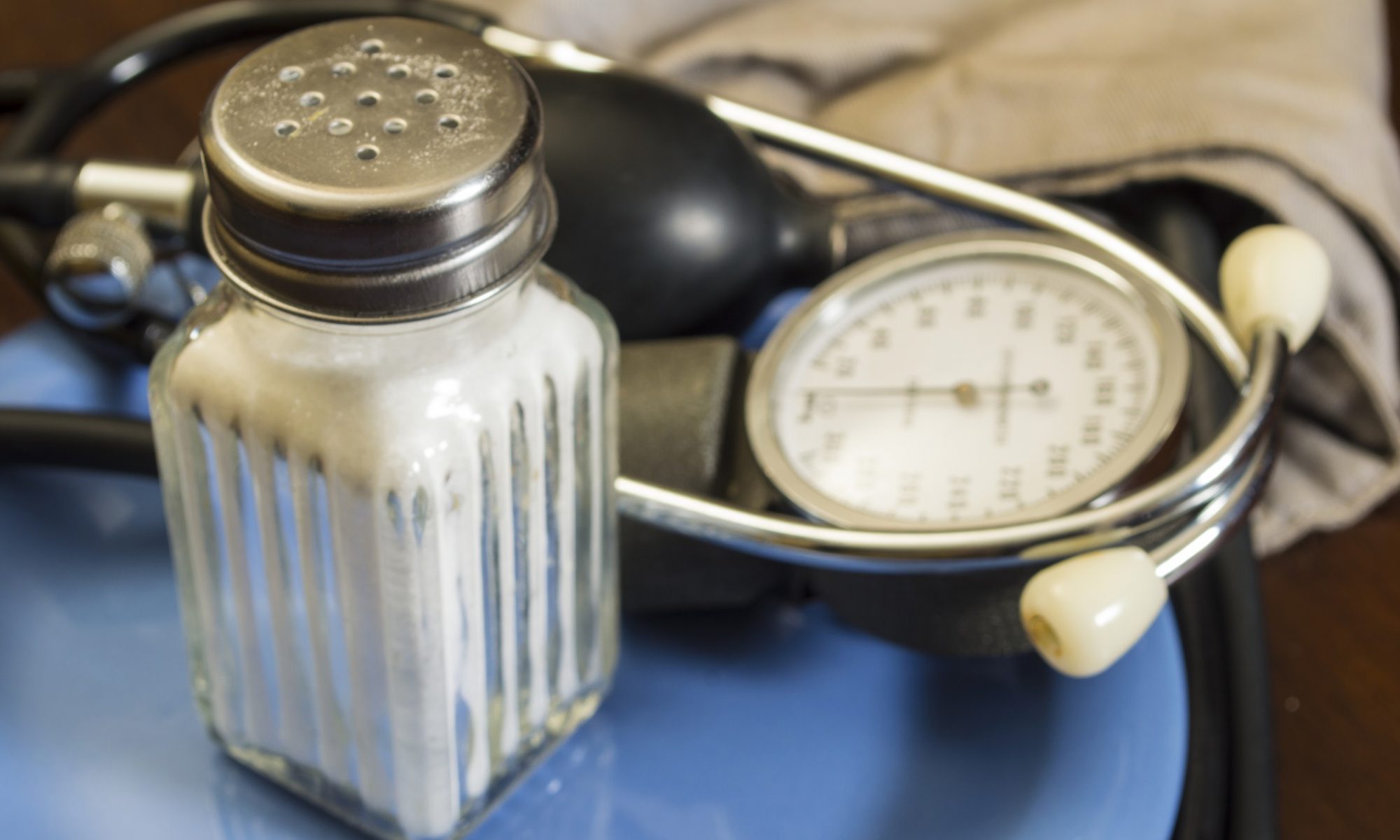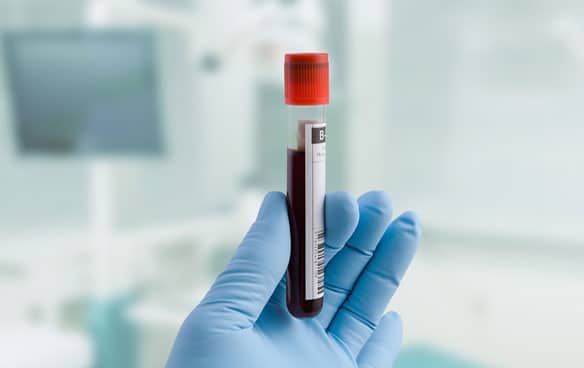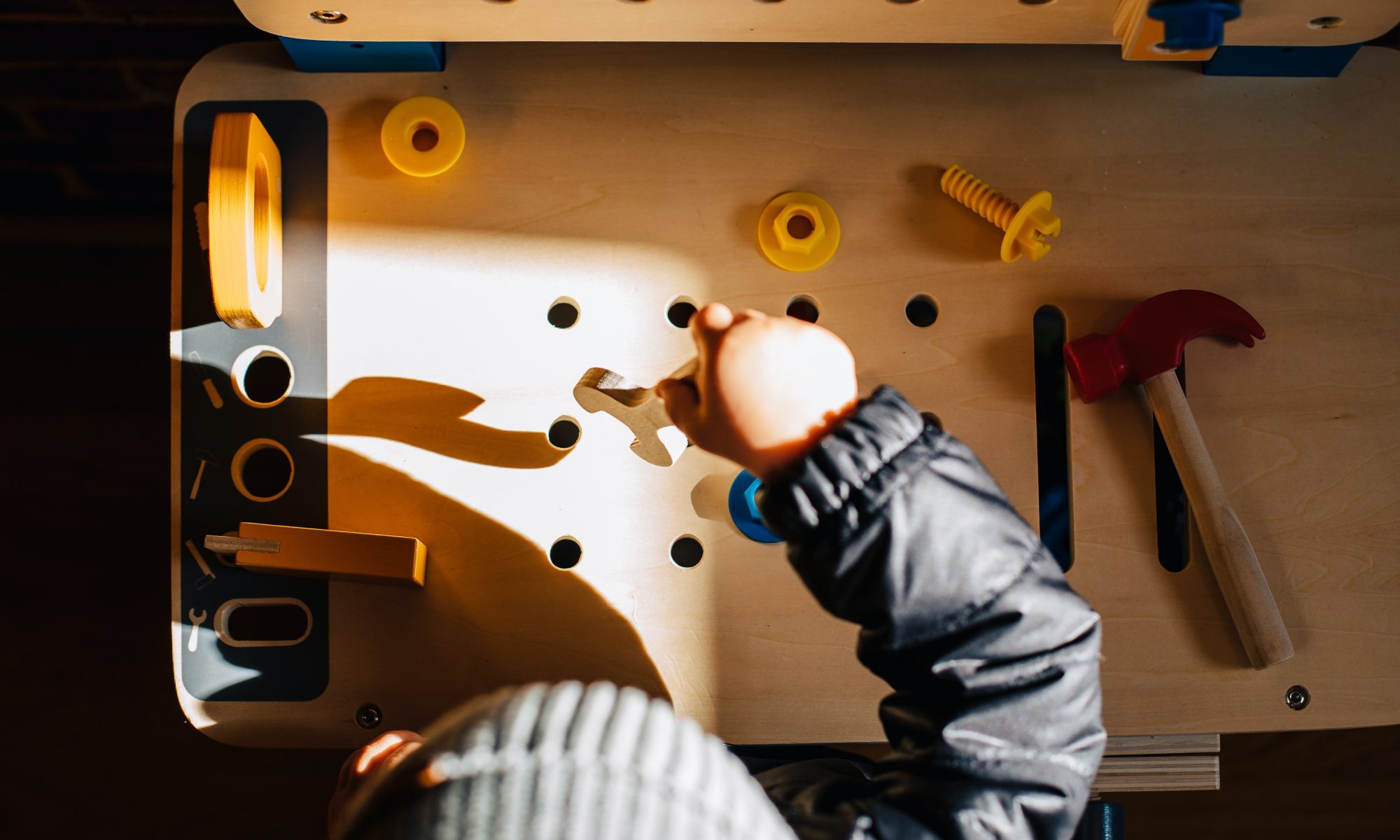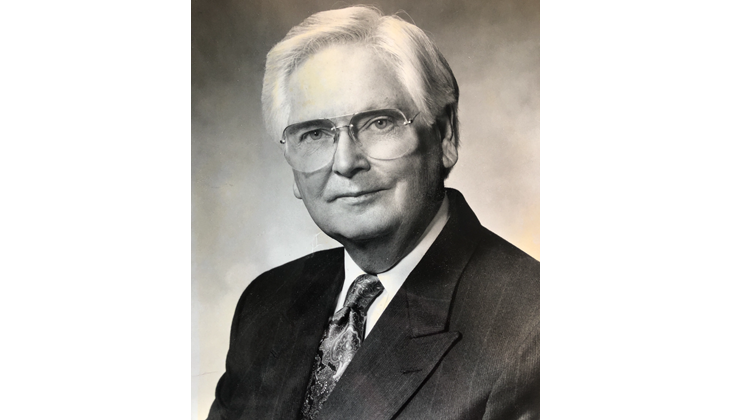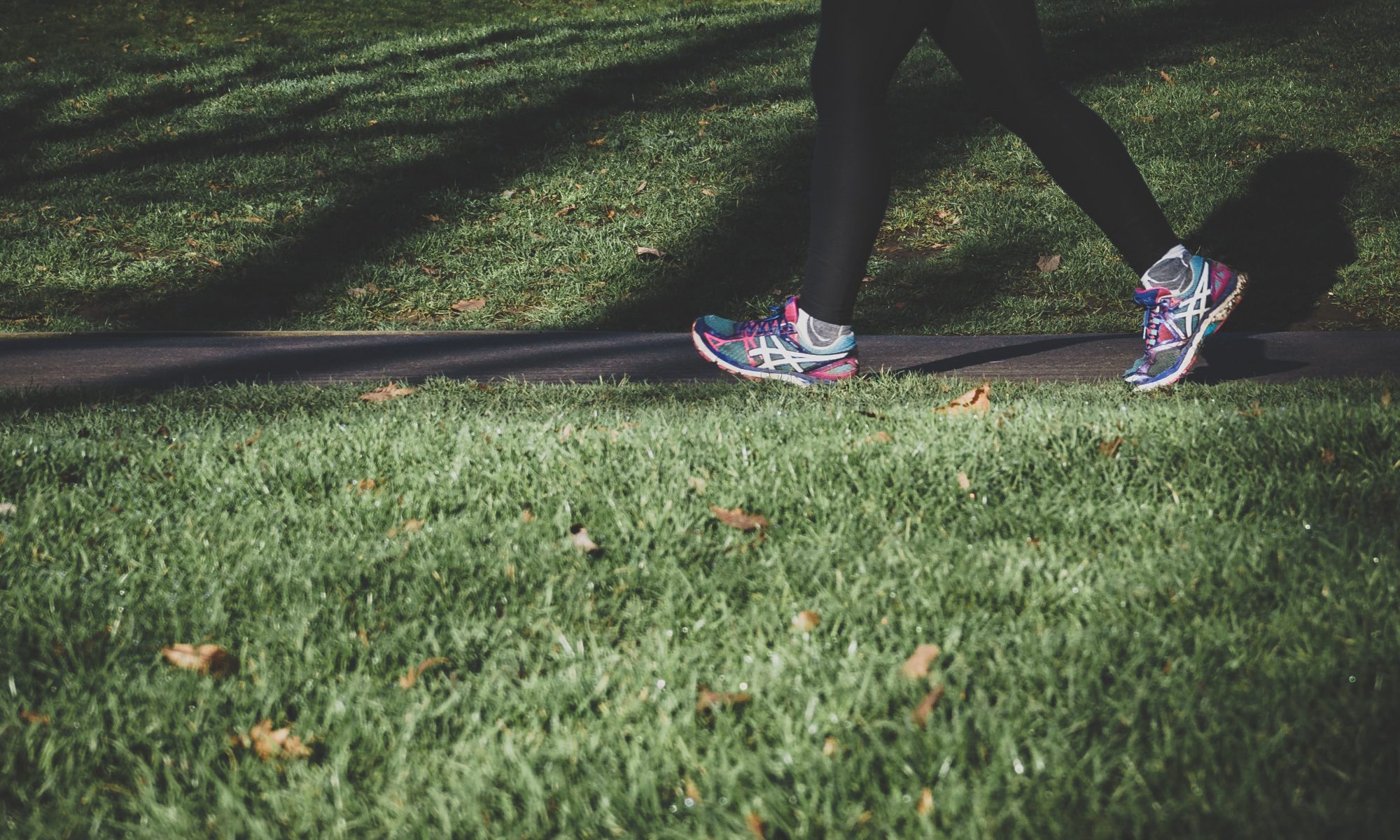The college roommates had not seen each other in 21 years. But when Steven Robinson realized on a family trip to Detroit that he was within driving distance of Richard Koonce, he called his friend to ask if he could visit.
Koonce had introduced Robinson to his wife, Natalie, when they all attended Norfolk State University, a historically Black college in Virginia. When his old friend reached out he welcomed the couple and their three children to his home in Sandusky, Ohio, last summer.
Read the full story.

